Upon receipt of an Application for Disability Compensation, the VA will review your claim and assign a disability rating based on the severity of your service-connected condition. This will determine how much disability compensation you will receive each month. The types of service connections are categorized as follows: Direct, Secondary, and Presumptive. Generally, Direct and Secondary Service Connection will require evidence submitted in support of the condition in order to prove service connection, while Presumptive Service Connection is automatically found based on pre-determined conditions.
For assistance in filing for a service-connected disability or proving service connection after you have been denied, consider contacting a seasoned Veterans Advocacy lawyer at the Law Office of Andrew P. Gross.
Direct Service Connection
The first category of service connection is Direct Service Connection, which means that a current disability or disease is directly linked to incurrence during active-duty service of a disease, injury or aggravation that led to the current condition. There are three requirements for establishing a direct service connection for a claim:
- Evidence of an injury, exposure, disease or aggravation that was incurred while serving in the Armed Forces.
- Evidence of a current disabling illness or condition that is suspected to have been caused by the in-service incurrence.
- A direct link between the current disability or disease and the illness, injury, exposure or aggravation that was incurred in service.
Secondary Service Connection
The second category if service connection is Secondary Service Connection, which means that a current disability or disease resulted from a service-connected condition. The current disability was not incurred in service, but because the service-connected condition caused the disability, the VA will also pay a benefit. Two categories of claims can be granted secondary service connection:
- Claims for which there is an existing service-connected disability and a subsequent disability is found to be proximately caused by the service-connected disability.
- For example, an existing service-connected condition of diabetes leads to amputation of a limb. Though the amputation was not incurred in-service, it should be service-connected because, without service-connected diabetes, the veteran may not have needed the amputation.
- Claims where there is an increase in the severity of a non-service-connected disability that is found to be due to aggravation by a service-connected disability.
- For example, a non-service-connected disability could be a mood disorder that was diagnosed prior to service in the Armed Forces. Aggravation of this mood disorder by service-connected PTSD should make the non-service disability service-connected, because, without the service-connected PTSD, the veteran may not have had an aggravation to the mood disorder.
Presumptive Service Connection
The final category of service connection is Presumptive Service Connection, in which the VA presumes that specific disabilities diagnosed in certain veterans were caused by their military service. The VA has created a “Presumptive” Disability Benefits Fact Sheet which includes a comprehensive list of conditions presumed to be caused by military service.
Importantly, the list of conditions presumptively linked to service is constantly expanding. For instance, the VA recently added sinusitis and rhinitis to its list of conditions related to burn pit exposure.
Contact an experienced Veterans Advocacy Lawyer at the Law Office of Andrew P. Gross
Sometimes, the VA will overlook a condition because it was claimed as being secondary to another, service-connected condition, when in fact, it was actually related to different service-connected conditions entirely. Sorting through these conditions can be challenging, so if you have been denied service connection, you should consider contacting a seasoned Veterans Advocacy lawyer at the Law Office of Andrew P. Gross.
